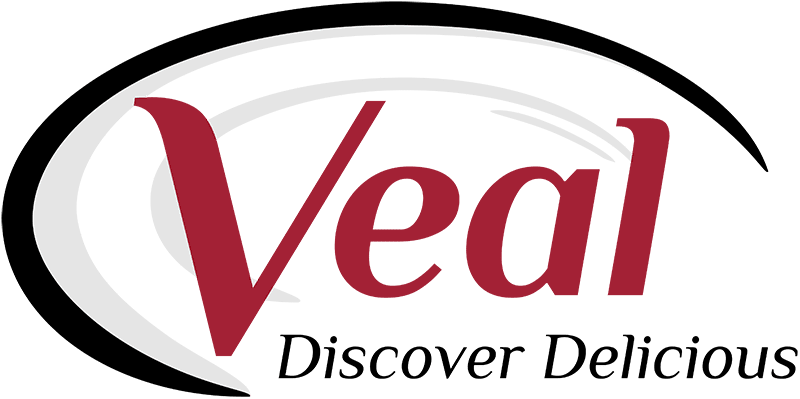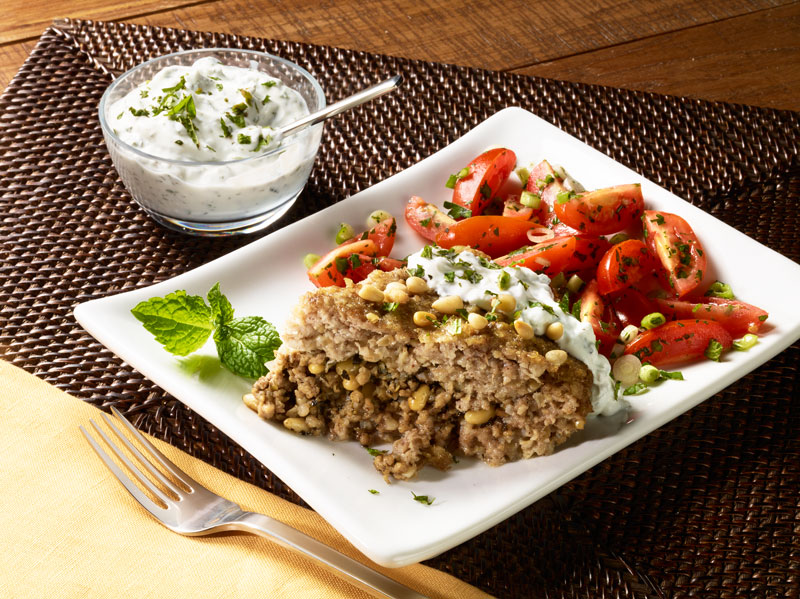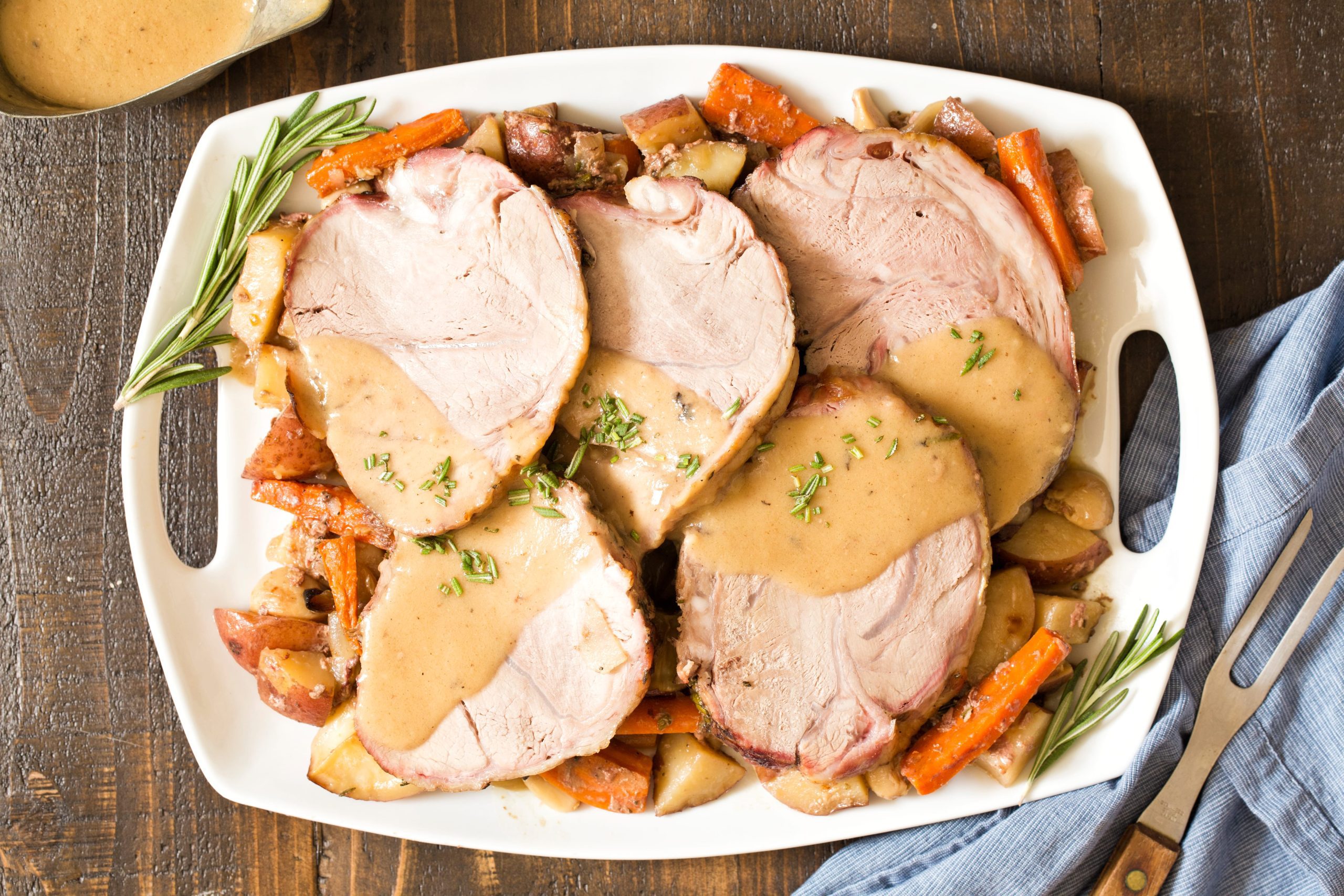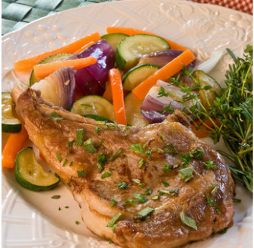NOVMBER VEAL BLOG
Promotions
The wellness section of the new Veal Made Easy site has a collection of recipes that reflect cuisines from around the world. Just one delicious example is this recipe for Veal Kibbe — a savory Middle Eastern dish made with ground veal, whole grain bulgur, pine nuts, and fragrant seasoning like cinnamon, allspice and mint. It’s enjoyed warm or cold, served with a mint-infused Greek yogurt sauce.
Veal Quality Assurance
Beef Quality Assurance, traditionally a producer-facing program, is now being promoted directly to consumers. “According to market research, the majority of consumers say they consider how and where their food is raised when making a meal decision,” said Josh White, executive director of Producer Education at the National Cattlemen’s Beef Association, a contractor to the Beef Checkoff. Research indicates consumers who saw the Beef Quality Assurance information had more confidence in beef sold in retail. Packer/processors engaged in the Veal Quality Assurance program should consider how they can enhance consumer confidence in veal by communicating about VQA and their commitment to animal care standards outlined in the Veal Quality Assurance program. Contact the VQA program manager for more information.
INDUSTRY INFORMATION
Share Information on How Veal is Raised #DiscoverVeal
Consumer research from multiple sources indicates consumers want to know more about how their food is produced. The Beef Checkoff funded website Veal Farm is a great resource for information on how milk-fed veal calves are raised. Have you included this website link in your marketing and communication materials? In addition, the website includes social media images you can share in your outreach efforts. You can find the resources here: https://www.vealfarm.com/resources-materials Please use this hashtag #DiscoverVeal when you post!
Regulatory Affairs
USDA to Release Select Commodity Tables for Agricultural Projections to 2029. USDA will release selected tables prepared for the upcoming USDA Agricultural Projections to 2029 report. USDA will post online tables containing long-term supply, use, and price projections to 2029 for major U.S. crops and livestock products, and will include supporting U.S. and international macroeconomic assumptions. The complete USDA Agricultural Projections to 2029 report will be released in February 2020, and will include a full discussion of the commodity supply and use projections, as well as projections for farm income and global commodity trade. The early-release tables will be posted to the Office of the Chief Economist’s website here. More information on USDA’s long-term projections can be found here.
FSIS Reminds IPP of Verification Requirements for Imported Canadian Ruminants. The Food Safety and Inspection Service (FSIS) issued a notice reminding inspection program personnel (IPP) of the instructions in FSIS Directive 9530.1, Importation of Live Canadian Cattle, Sheep, and Goats Into the United States. The notice supplements the directive and clarifies that any slaughter facility receiving live ruminants from Canada for slaughter must implement procedures to ensure that each animal is eligible for slaughter, including exotic species slaughtered under voluntary inspection. The notice also clarifies that IPP are to verify that each slaughter facility receiving live ruminants from Canada for slaughter has a written program to verify each individual animal ID against the Canadian export health certificate. The notice is available here.
FDA Publishes Proposed Rule to Establish Laboratory Accreditation Program for Food Testing. The Food and Drug Administration (FDA) last week proposed to establish a program that tests food by accredited laboratories as required by the Food Safety Modernization Act (FSMA). Presuming it becomes final, the laboratory accreditation program, once established, would require testing of human and animal food in certain circumstances by accredited laboratories. Accredited laboratories would be required to follow model standards and would be subject to oversight by FDA-recognized accreditation bodies to help ensure consistently reliable testing results. Currently, FDA requires certain food testing, including environmental testing, to be conducted to help determine safety. Under the proposed program, only laboratories accredited by an Accreditation Body recognized by FDA will be able to conduct food testing in certain circumstances, which are outlined in the proposed rule. More information on the proposed rule can be found here.
FDA Issues Vending Machine Labeling Compliance Rule. The Food and Drug Administration (FDA) issued a final rule to revise the type size requirements for front-of-pack (FOP) calorie declarations that are used to comply with the vending machine calorie labeling requirements. The final rule requires such calorie declarations to be at least 150 percent the size of the net quantity of contents statement. FDA proposed this change to the type size requirements in July 2018, after industry expressed concerns that the previous type size requirement for FOP calorie declarations – at least 50 percent of the size of the largest printed matter on the label – was impractical and could disrupt existing voluntary industry front-of-pack nutrition labeling programs. The compliance date for the new font size requirement is July 1, 2021. FDA also announced it will continue its enforcement discretion with respect to the vending machine labeling requirements as applied to gums, mints, and roll candy products sold in glass-front machines in packages that are too small to bear FOP labeling.
Public Affairs
NAMI and AFIA Team to Connect Industry Sustainability Initiatives. The Meat Institute, a contractor to the Beef Checkoff, and American Feed Industry Association joined together to host a meeting aimed at connecting the various animal agriculture sustainability initiatives. Representatives from the U.S. Roundtable for Sustainable Beef, U.S. Roundtable for Sustainable Poultry and Eggs, National Pork Board, Innovation Center for U.S. Dairy and others discussed how the groups might be able to move forward together to address issues of common interest and earn consumer trust in animal protein. Several areas of common ground were identified and the discussion among the groups will continue at the Sustainable Ag Summit in Indianapolis later this month.
Meat Institute Discusses Protein Facts with Registered Dietitians. Meat Institute Vice President of Sustainability Eric Mittenthal presented on “The Power of Protein” to registered dietitians at the Food and Nutrition Conference and Expo (FNCE) in Philadelphia. The presentation discussed the role of animal proteins in the diet and addressed the regulatory and marketing issues for plant and cell-based products. The session also featured a lengthy question and answer period with discussions about the nutrition of meat products and their environmental impact. FNCE is the largest conference for dietitians in the country, drawing more than 10,000 each year. In addition to the presentation, the Meat Institute, in partnership with the Beef Checkoff, exhibited, sharing resources on meat’s nutrition and meat myths directly engaging with more than 1,200 dietitians.
Meetings, Events and Education
NAMI Releases 2018 Meat and Poultry Facts. The 2018 edition of the Meat Institute’s Meat & Poultry Facts, the livestock and meat industry’s leading statistical book, is now available. The book is a joint publication of the Meat Institute and Sterling Marketing, Inc., and is sponsored by Lockton. The 47th edition of this popular livestock, meat and poultry industry resource contains the latest statistics on production, consumption, prices, imports, exports, employment and wages, among other pertinent industry topics. The information is presented in more than 60 charts, many of which feature historical trend data. Access information for a complimentary electronic version of the report will be mailed to all Meat Institute members. Non-members can purchase a digital version of the book for $40. Copies are available to media upon request. Contact Megan McCullough with any questions.
Exhibit Sales, Registration and Housing Open for 2020 Annual Meat Conference. Exhibit sales, registration and housing are now open for the 2020 Annual Meat Conference (AMC), which will take place March 2 – 4, 2020, in Nashville, Tennessee at the Gaylord Opryland Resort and Convention Center. AMC offers a complete education and networking experience, featuring close to five hours of exhibits showcasing the latest in new meat and poultry products and the products and services retailers need to increase their bottom line. Comprehensive education sessions include a variety of ways to explore the latest developments in meat retailing today. For more information on registration and housing, plus special offers, visit the AMC website here.
Exhibit space for AMC is now open as well. The AMC offers premier opportunity to showcase meat and poultry products and technology to hundreds of meat buyers from national retail chains. AMC is the only industry event dedicated to getting meat and poultry retail buyers, suppliers and consumers in the same place for meaningful networking and interaction. To see a floor plan and who attends AMC, click here. Exhibit space can be purchased here.
Register Today for IPPE 2020. Registration is now open for the International Production and Processing Expo (IPPE) at the Georgia World Congress Center in Atlanta from Jan. 28 – 30, 2020. IPPE is the only exposition of its kind showcasing the latest solutions and technologies for the global animal food and protein industries. Attendees can experience, learn and connect with more the 32,000 animal food, meat and poultry industry professionals at this event. Workshops include Environmental Conference, Worker Safety Conference and more. Click here to register now or learn more about IPPE here. Meat Institute processor members can register for free by Jan. 10, 2020, as part of the IPPE M2A program.
